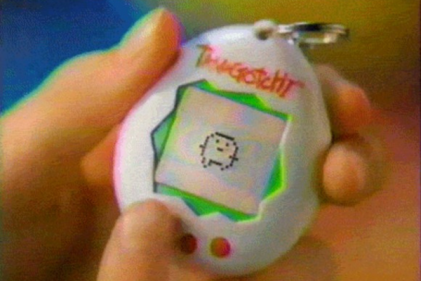 Professor Colin McGuckin who is a leading world expert in adult stem cell research launched the ‘Adult Stem-cell Foundation of Ireland in Dublin this week. Professor McGuckin is a director of the new foundation, the Vatican’s advisor on stem cells and the director of The Cell Therapy Research Institute in Lyon, France. Speaking at the launch Professor McGuckin said: “Like all countries in Europe, Ireland must look to the future to protect the population and be ready for new treatments. We cannot simply look back and say, ‘I wish we had prepared for that’. In my career, I worked with children who would be alive today, if more stem cell banks had been available.”
Professor Colin McGuckin who is a leading world expert in adult stem cell research launched the ‘Adult Stem-cell Foundation of Ireland in Dublin this week. Professor McGuckin is a director of the new foundation, the Vatican’s advisor on stem cells and the director of The Cell Therapy Research Institute in Lyon, France. Speaking at the launch Professor McGuckin said: “Like all countries in Europe, Ireland must look to the future to protect the population and be ready for new treatments. We cannot simply look back and say, ‘I wish we had prepared for that’. In my career, I worked with children who would be alive today, if more stem cell banks had been available.”
The foundation has been set up to increase awareness and to provide information about adult stem cells, research, development and therapies; to support people in need of or undergoing stem cell therapy; and to support the development of an all-Ireland stem-cell bank and to support adult stem-research and development.
The foundation is particularly concerned with the introduction of cord-blood banking to Ireland. Professor McGuckin advised that, “Umbilical cord blood, with 130 million births per year, remains the most available stem cell source. The health of Irish citizens demands that we debate now what we can do and umbilical cord blood and adult stem cells must be part of that debate.” Professor McGuckin also advised that while 95% of cord blood samples are viable, cord blood is not a widely used resource.
Adult stem cells are found in bone marrow, peripheral blood, umbilical cord blood, skeletal muscle, skin and teeth. They have been used to successfully treat leukaemia and related blood cancers for many years. Umbilical cord blood and bone marrow treatments have seen the highest success rate to date. These adult stem cells can treat leukaemia, lymphoma, sickle cell disease, thalassaemia and immune deficiencies. At present there are over 70 diseases that are treatable with cord blood and over 15 clinical trials are under way for new conditions.
Prof McGuckin’s research group was the first to identify a rare group of cells with similar characteristics to embryonic stem cells and to develop them into non blood tissues such as the brain, liver and pancreas. His latest clinical trial includes the use of a child’s own cord blood for the treatment of severe neonatal hypoxia, which can lead to cerebral palsy. He spoke about how his research group have been developing a treatment for cleft palate using the child's own mesenchymal stem cells to regenerate the palate. Prof McGuckin also spoke of how cord blood stem cells can be used to help children who have been starved of oxygen at birth. Stem cells from the umbilical cord can be used to reduce inflammation therefore reducing any damage to the brain.
Prof McGuckin said that adult stem cell research is the "future of medicine" and that "treatments available in other countries must come to Ireland." The foundation aims to provide accurate information and create awareness about adult stem cells, promote development of an all Ireland stem cell bank and to support vital stem-cell research and development. Ireland is the only country in Europe to not have an umbillical cord bank and as a result is being left way behind in the field of adult stem-cell research.
Visit the Adult stem-cell foundation of Ireland website, www.asfi.ie for more information and if you'd like to find out more about cord-blood banking read our article here.







